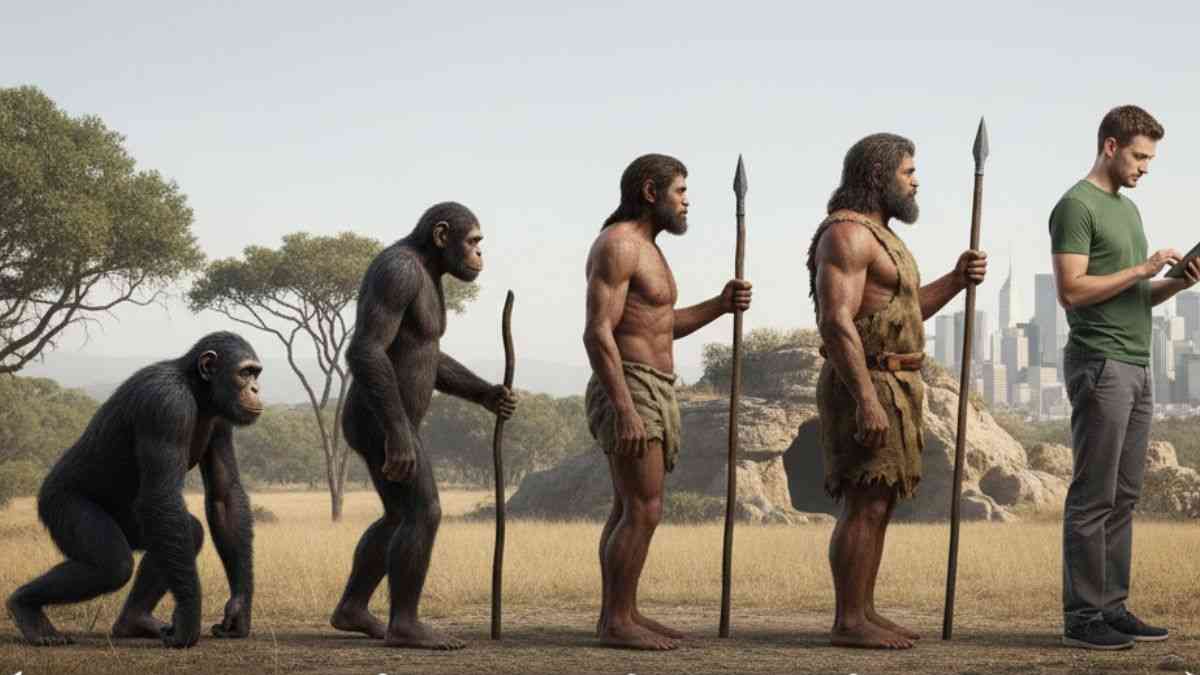Science
Peaks and Valleys of a Lost World: Mapping the Continent Beneath the Ice
28 January 2026

For years, science was certain: genes determine who a person is. The latest report by American researchers overturns this belief—it shows that culture, the pace of social change, and technology increasingly determine our development and survival. This discovery could rewrite biology textbooks and fundamentally change our perspective on genes human science.
Were 72 years of DNA research futile? In 1953, scientists from the UK and the US discovered the structure of DNA. This breakthrough began a new era of genetic research. At that time, genes seemed key to shaping the human being. Today, however, we know that genes do not have a decisive influence on who we are. What does?
Researchers from the US published a groundbreaking thesis in the journal BioScience. According to them, culture, not genes, shapes humans. How we live, what we create, and the values we transmit may have a greater impact on our survival than biological inheritance.
Although people can define culture in many ways, one thing is clear: it shapes us the most. Researchers explain this simply, yet surprisingly: culture changes so quickly that genes cannot keep up with its pace. Biological evolution proceeds slowly, and we live in a world that accelerates with every generation.
An example? Caesarean sections allow women to give birth safely, protecting them and the child in situations that previously often led to death or infertility. Timothy M. Waring and Zachary T. Wood emphasize that such solutions reduce the importance of genetic adaptation. Simultaneously, our dependence on systems, such as hospitals or schools, increases.
“Ask yourself: which is more significant to your personal life outcomes—the genes you were born with or the country you live in? Today, cultural systems that surround you—your community, your nation, your technologies—determine your well-being to an ever-lesser extent by your personal biology and to an ever-greater extent by the cultural systems that surround you,” stated Professor Waring, quoted by Phys.org.
Worth reading: Why We Stick With Bad Decisions? Psychologists Found The Reason
Since the dawn of time, humans have been at the center of innovation—inventions, ideas, and tools. Today, however, US scientists suggest something different: we do not lead culture; culture begins to lead us. This does not always work in our favor.
It turns out that the development of technology and modern solutions shifts the focus from the individual to the collective. Health, longevity, and survivability no longer depend on individual intelligence or unique genes. We owe them primarily to shared cultural systems, such as scientific medicine, sanitation infrastructure, and education.
This represents a fundamental change. We are no longer evolving as single individuals but as part of a collective. We increasingly rely on culture, which raises our dependence on the group and alters the very definition of who we are as people.
Culture not only organizes our lives but also accelerates the pace of change. The larger and better organized the society, the faster it adapts through cultural innovations. This drives a new, collective form of evolution.
An example? Genetic engineering. This tool of cultural control over genes is possible only in advanced societies. This is a real direction in which we are heading.
If this trend continues, the future could look surprising: humans will stop evolving as individual biological organisms. Instead, we will become “superorganisms”—social entities that develop not through mutation and selection, but through shared culture. This shift entirely changes how we view the relationship between genes and human science.
Read this article in Polish: To nie geny kształtują człowieka. Raport z USA zmienia naukę